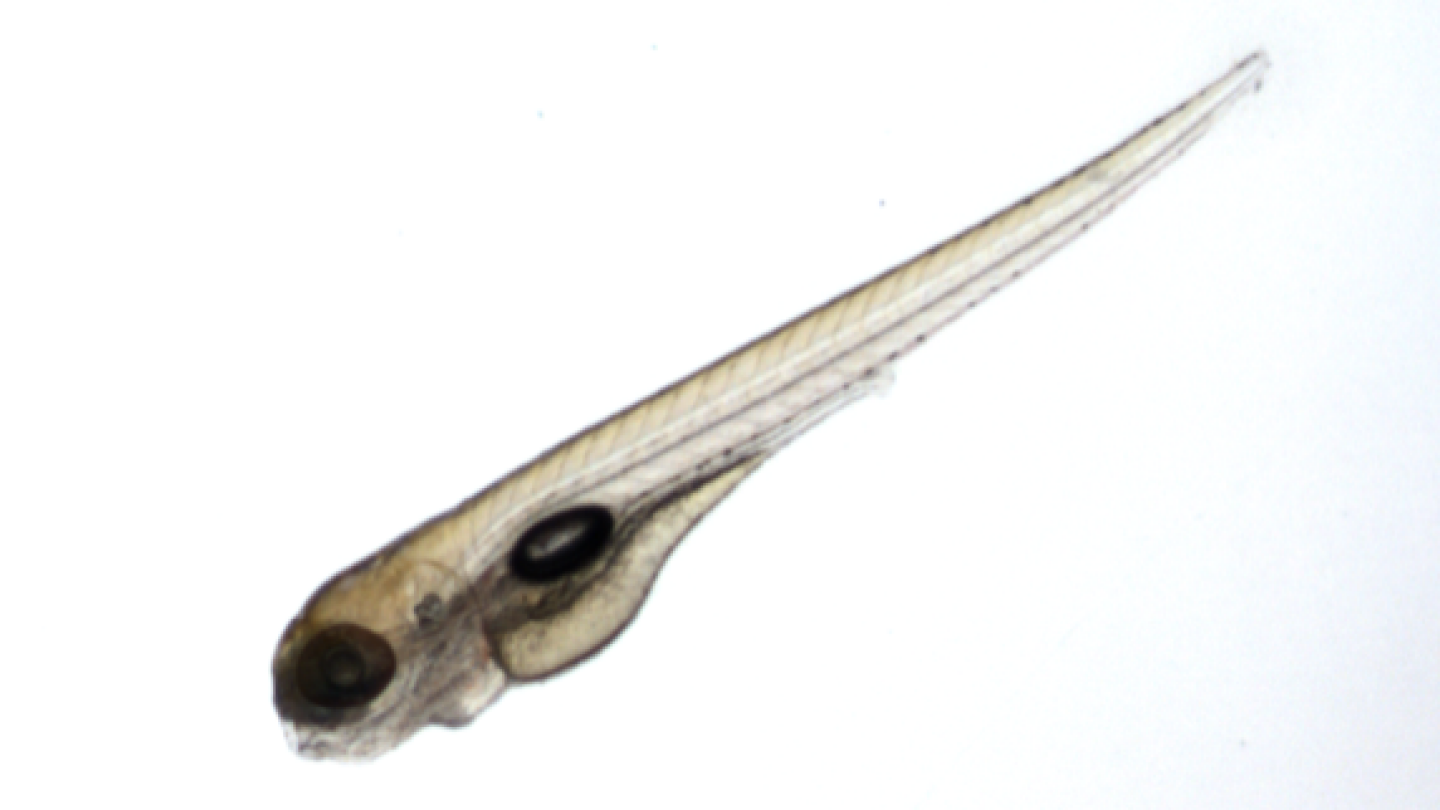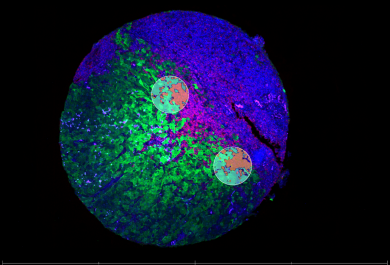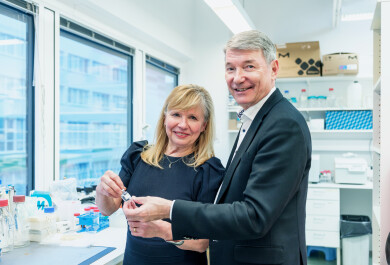Novel Genetic Variant with Implications on Heart Failure Pathogenesis Identified
Finnish researchers have identified an exonic variant in the TRIM55 gene, which affects cardiomyocyte specific functions and reduces cardiac contractility.
Heart failure is a life-threatening disorder with both inheritable and acquired causes. Approximately 1% of middle age and up to 10 % of elderly individuals suffer from it. However, no high-impact genetic variants explaining the majority of sporadic heart failure cases have been detected.
In this study, researchers aimed to identify and characterize novel genetic variants underlying heart failure pathogenesis utilizing the Finnish FINRISK study cohort. Large-scale genetic analysis were combined with in vivo zebrafish models in Turku and functional validations using CRISPR-Cas9 technology at the Institute for Molecular Medicine Finland FIMM. The results of this collaboration study were published recently in the Journal of Molecular and Cellular Cardiology.
First, the team performed a genome-wide association analysis of heart failure-associated coding genetic variants. An exonic missense variant in the gene TRIM55 was highlighted due to its high linkage disequilibrium with a non-coding variant in chromosome 8 highly associated with heart failure.
Interestingly, this missense variant was not itself significantly associated with heart failure in the cohort. However, TRIM55 has previously been shown to be involved in cardiac development, as well as in heart failure pathogenesis. Pathological implications of any coding TRIM55 variants have not been characterized before, and the identified variant was thus selected for functional validation studies.
Here, the researchers from University of Turku, FIMM, Turku Bioscience, Åbo Akademi University and Minerva Foundation Institute for Medical Research joined their efforts and studied the effects of the variant both in CRISPR-edited cardiomyocytes and zebrafish embryos.
– Editing the variant of interest into the genome with CRISPR is getting mainstream nowadays but so far it has been used only rarely for heart failure studies, says Juho Heliste, the first author of the study, who is a medical doctor and a doctoral candidate from University of Turku.
The researchers showed that the variant affects cardiomyocyte viability, cell cycle progression and expression of genes related to cardiac stress and contractility. Furthermore, cells carrying the variant were more prone to hypertrophy than wildtype cells, and had changes in the sarcomere gene expression and organization. The zebrafish experiments showed that both removing the gene and overexpression of the human mutation reduced the cardiac contractility.
Taken together, these findings implicate that the identified TRIM55 variant potentially affects the heart failure pathogenesis.
– Characterization of heart failure-associated variants may turn out to be beneficial for more accurate heart failure prognosis and more vigorous follow-up or treatment of heart failure patients with the variant, Juho Heliste concludes.
– This is a good reminder for us all that also variants with less than a genome-wide statistical significance may well turn out to be functionally highly significant. New approaches to mine these hidden nuggets in existing genetic data are greatly needed, comments FIMM group leader Tero Aittokallio, the corresponding author of the study.
The work was funded by grants from The Finnish Cultural Foundation (Varsinais-Suomi Regional Fund), University of Turku, The Paulo foundation, Inkeri ja Mauri Vänskän säätiö, Orion Research Foundation sr, Academy of Finland, Cancer Society of Finland, Sigrid Juselius Foundation and Tor, Joe and Pentti Borg's Foundation.
Further information:
Juho Heliste, LL, doctoral student
Institute of Biomedicine, University of Turku
Institute for Molecular Medicine Finland FIMM, HiLIFE, University of Helsinki
e-mail: jjkhel@utu.fi, juho.heliste@helsinki.fi
Professor Tero Aittokallio
Institute for Molecular Medicine Finland FIMM, HiLIFE, University of Helsinki
Department of Mathematics and Statistics, University of Turku
e-mail: tero.aittokallio@helsinki.fi, tero.aittokallio@utu.fi




